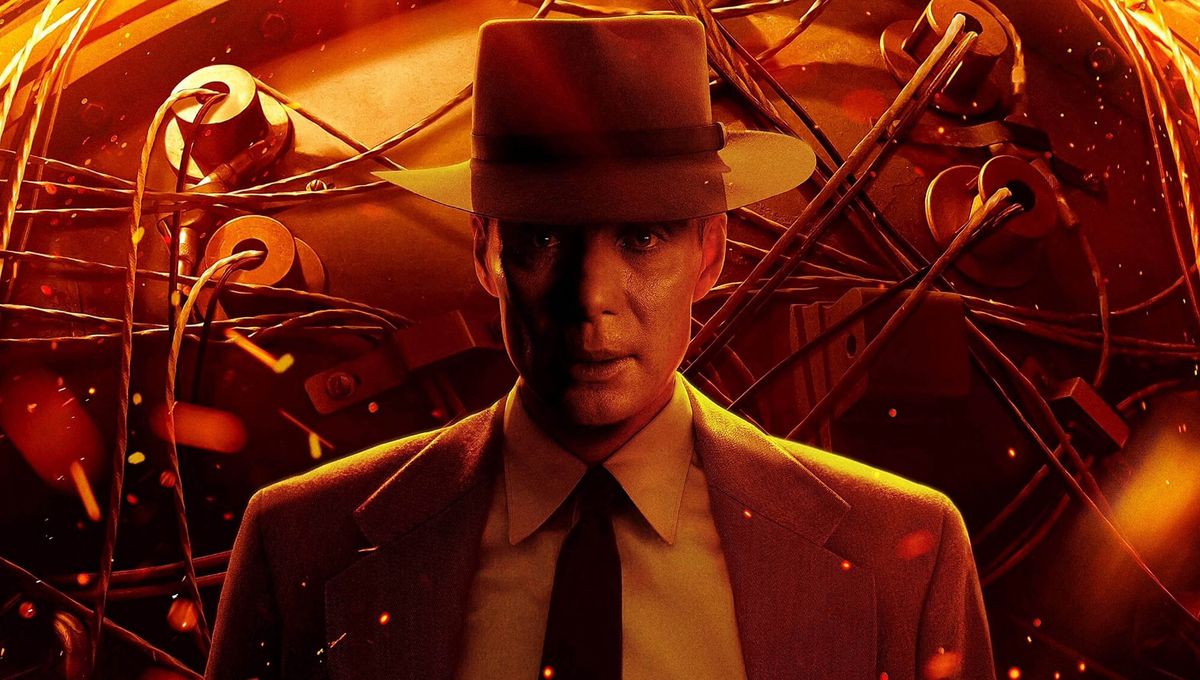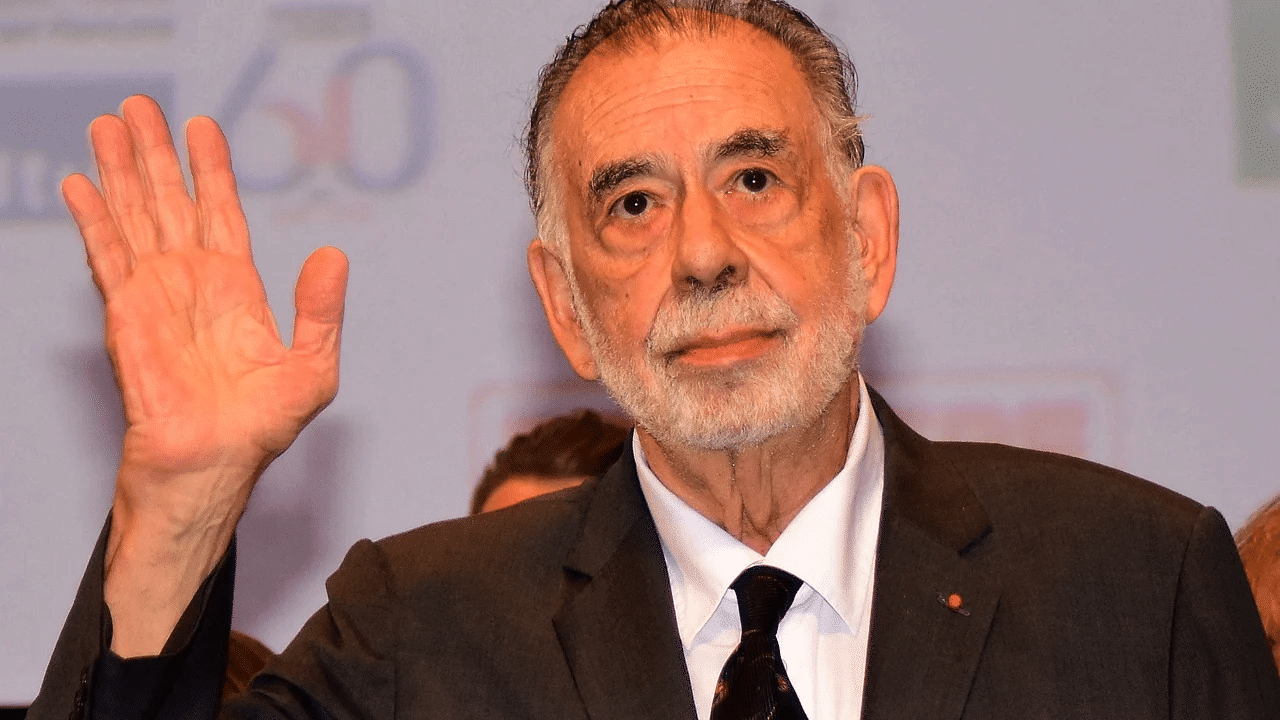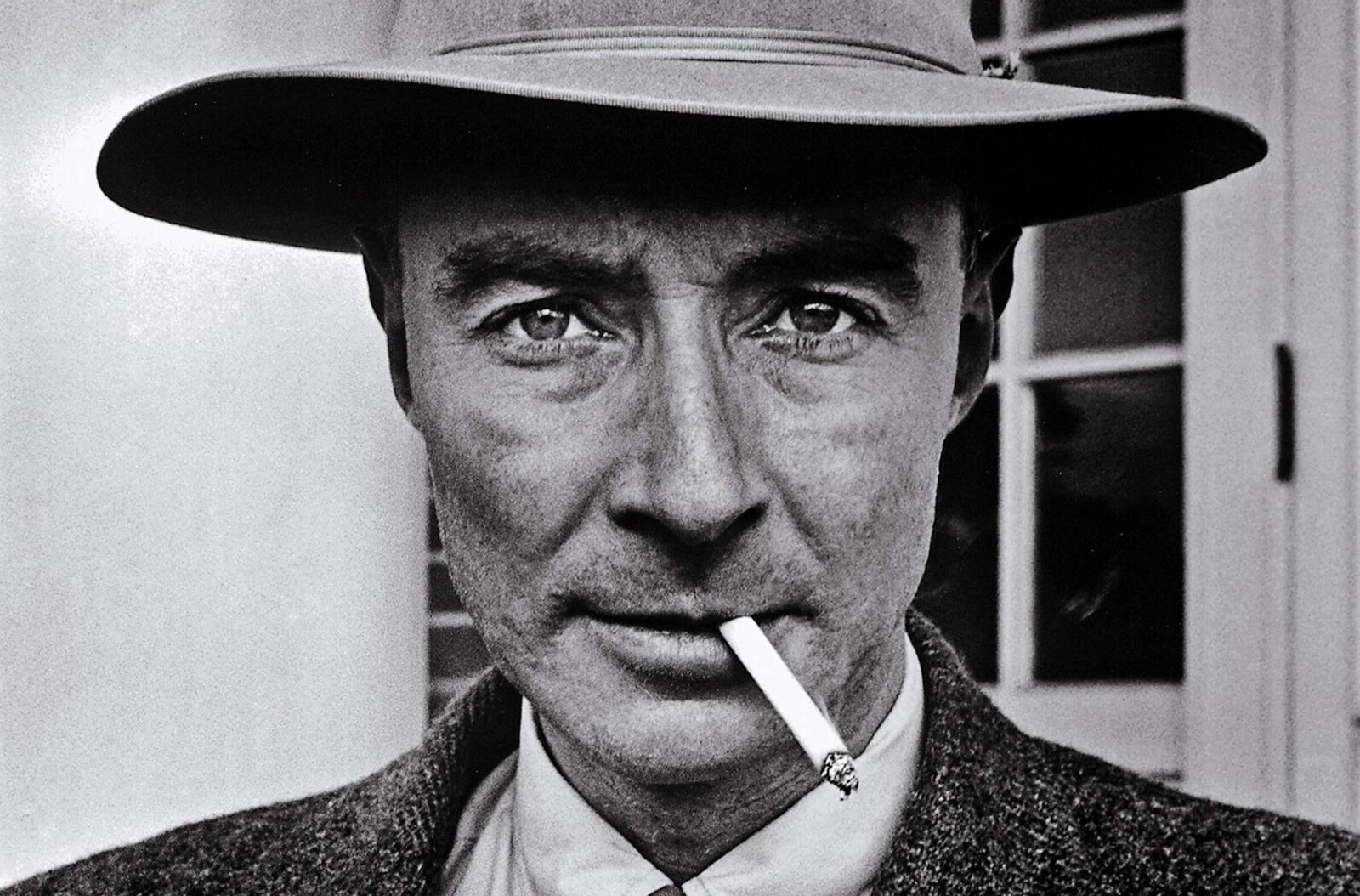Director Christopher Nolan’s latest film, Oppenheimer, is now the highest-grossing biopic in history. A success that exceeds expectations, breathes fresh air into contemporary cinema and celebrates history.
A nuclear success! Released in cinemas on July 18, Christopher Nolan’s acclaimed film Oppenheimer has set a new record. This historical epic dedicated to the “father of the atomic bomb” is now the most lucrative biopic in cinema history, having amassed nearly $912 million in box-office receipts worldwide.
This remarkable success took many experts by surprise, as they did not expect the film to achieve such results by the end of the summer. In France, nearly 4.2 million moviegoers flocked to theaters to discover Christopher Nolan’s 12th feature film.
With Cillian Murphy in the lead role, Oppenheimer now surpasses Bohemian Rhapsody as the highest-grossing biopic of all time. In 2018, Bryan Singer’s film, which told the story of Freddie Mercury and the formation of the band Queen, took in a total of $910 million worldwide, with 4.3 million admissions in France. The biopic won four Oscars, including Best Actor for Rami Malek.
Here are the top 10 highest-grossing biopics of all time, based on worldwide box-office results:
Oppenheimer, Christopher Nolan, $912 million
Bohemian Rhapsody, Bryan Singer, $910 million
American Sniper, Clint Eastwood, $547 million
The Greatest Showman, Michael Gracey, $435 million
The King’s Speech, Tom Hooper, $427 million
The Wolf of Wall Street, Martin Scorsese, $392 million
Catch Me If You Can, Steven Spielberg, $352 million
Schindler’s List, Steven Spielberg, $322 million
Green Book, Peter Farrelly, $321 million
A Beautiful Mind, Ron Howard, $316 million
Third film of the year
At the end of its ninth week in cinemas, the adaptation of the book by Kai Bird and Martin J. Sherwin took in some $912 million worldwide. This puts the film in third place in the annual rankings, just behind Super Mario Bros. (which grossed $1.36 billion) and the ever-unshakable Barbie ($1.41 billion to date). What’s more, it ranks alongside Avatar and its sequel, The Way of Water, as well as Star Wars: The Force Awakens and Avengers: Endgame, as one of the most important films released in Imax.
Meanwhile, Greta Gerwig’s Barbie has just overtaken Avengers as the highest-grossing feature film of all time, with $1.4 billion at the global box office.
This feat is all the more remarkable given that Christopher Nolan’s directorial debut has a much less flexible age restriction than Bryan Singer’s. In fact, while both films have been released in the last few years, their box-office figures are still very high. Indeed, while both films have been categorized as “all audiences” in France, this is not the case overseas, where one is not recommended for under-12s, and the other is forbidden for under-17s unaccompanied by an adult.
Cinema revival
When asked about Greta Gerwig’s Barbie and Christopher Nolan’s Oppenheimer, director Francis Ford Coppola made no secret of his delight. “I haven’t seen them yet, but the fact that people are filling big theaters to see them and that they’re not sequels or remakes, so they don’t have a number attached to them, in true one-offs, is a victory for cinema,” said the filmmaker.
And when asked what place cinema will occupy in the next ten years, Francis Ford Coppola was resolutely optimistic. “My intuition is that we are at the dawn of a golden age of wonderful, luminous cinema, seen in great cinemas”.
It remains to be seen whether Oppenheimer will make enough of an impact to break the symbolic billion-dollar box-office barrier, a possibility that analyst Paul Dergarabedian believes is entirely conceivable.
An extraordinary story
In three hours, the film retraces the crucial moments in the life of Robert Oppenheimer (1904-1967), a physicist who had a major impact on the history of the United States and the 20th century, contributing to the world’s entry into the nuclear age. In particular, the film explores the implementation of the “Manhattan Project” during the Second World War.
From 1942 onwards, some 5,000 people, including around 1,000 physicists and researchers, gathered in the greatest secrecy in a specially-built research center in Los Alamos, a remote area of New Mexico. It was here that the atomic bomb, dropped on Hiroshima and Nagasaki in August 1945 and killing 200,000 people, was built and tested. Robert Oppenheimer, played by Cillian Murphy, becomes the project’s scientific director.
It’s hard to say whether, at the time, Robert Oppenheimer was fully aware of the massive destruction his invention would wreak. The physicist subsequently opposed the development of the hydrogen bomb (the “H” bomb), which was a thousand times more powerful than the atomic bomb (the “A” bomb). He also advocated strict regulation of nuclear research on an international scale, with the aim of placing it at the service of civilian science.
In the midst of McCarthyism, the American authorities questioned his loyalty to his country, especially as the physicist had links with communist figures. In 1954, Robert Oppenheimer was dismissed from his responsibilities at the U.S. Atomic Energy Commission.
A forgotten man, Robert Oppenheimer embodies contemporary history, full of instability and uncertainty. Nolan sublimates the character, and if he’s already part of history, the director makes him forever remembered.
Read also>TAPIE, THE NETFLIX SERIES DEPICTING THE FLASHY AND EXTRAVAGANT YEARS OF THE EIGHTIES
Featured photo : ©Press



















